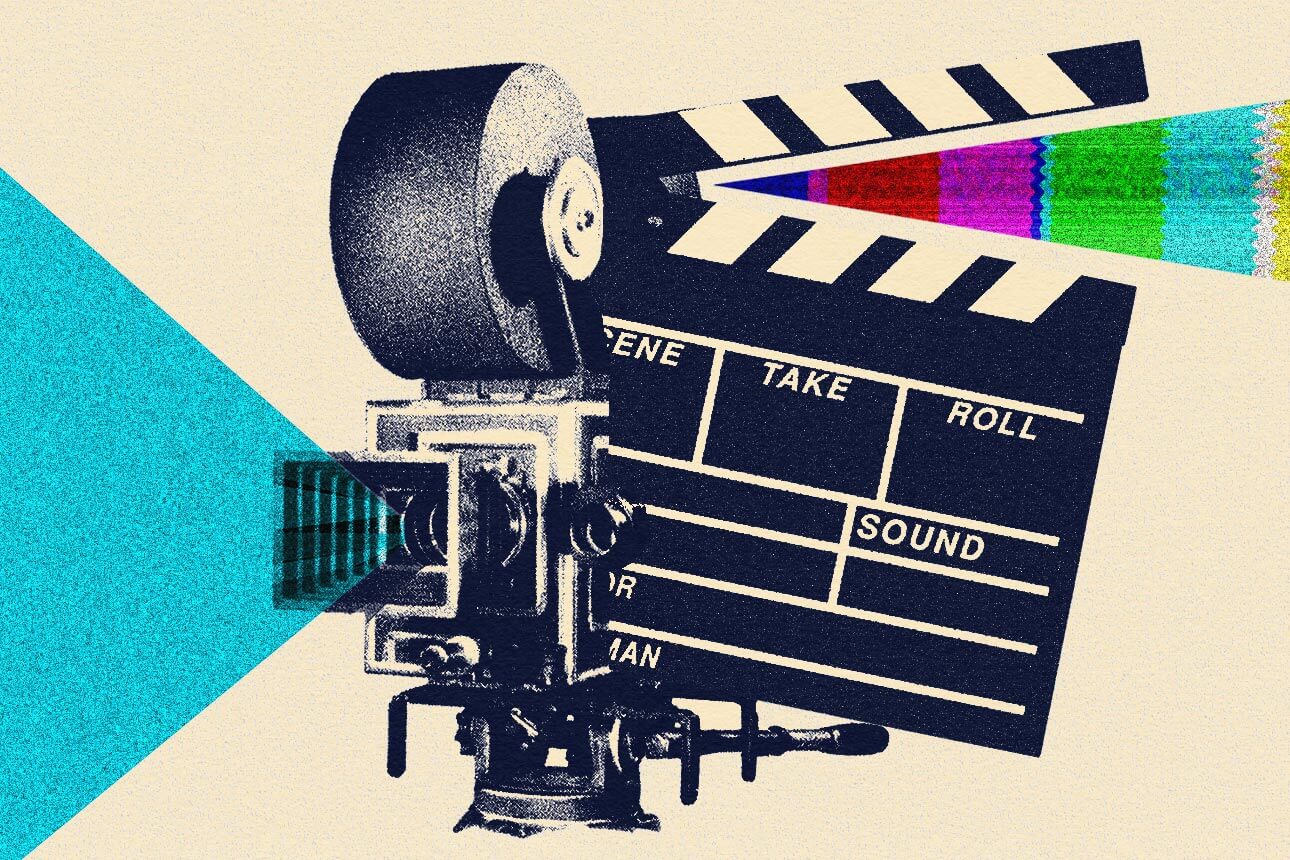The entertainment industry is one of the most dynamic and influential sectors in the global economy. What was once a world of cinema screens and conce
The entertainment industry is one of the most dynamic and influential sectors in the global economy. What was once a world of cinema screens and concert halls has evolved into a multibillion-dollar ecosystem encompassing streaming services, gaming, social media, digital content creation, and live experiences. Today, the business of entertainment is not just about art — it’s about innovation, data, branding, and the ever-changing behavior of audiences.
From Hollywood studios to TikTok creators, entertainment has become both a creative playground and a financial powerhouse. The intersection of storytelling and strategy is redefining how companies, artists, and consumers engage in this global marketplace.
The Evolution of the Entertainment Business
The entertainment industry has undergone a massive transformation over the past two decades. In the early 2000s, film studios, television networks, and record labels dominated the scene. Distribution was centralized, and consumers had limited access to content. Then came the digital revolution — and everything changed.
Streaming services like Netflix, Spotify, and Disney+ disrupted traditional models by giving audiences instant access to vast libraries of content for a monthly subscription. The shift from ownership (buying DVDs or CDs) to access (streaming) changed how revenue was generated and how content was consumed.
Today, entertainment is not confined to screens or stages. It’s embedded in apps, games, and even the metaverse. The business has evolved from a one-way broadcast to an interactive experience, where users don’t just watch — they participate, share, and create.
The Rise of the Creator Economy
One of the most significant developments in the entertainment landscape is the rise of the creator economy. Platforms like YouTube, TikTok, Twitch, and Instagram have given individuals the power to build personal brands and generate income directly from their audiences.
This democratization of entertainment has blurred the line between celebrity and entrepreneur. Independent creators can earn revenue through ad sharing, sponsorships, merchandise, and digital products — often without traditional industry gatekeepers.
According to recent studies, the creator economy is now worth over $100 billion, and it’s growing rapidly. Millions of creators, from musicians and comedians to gamers and educators, are turning passion into profit. The key to their success lies not just in talent but in strategic branding, audience engagement, and adaptability to trends.
The business model has shifted from selling a product to building a relationship. Fans aren’t just consumers; they are communities. In this new landscape, authenticity is the most valuable currency.

Streaming: The New King of Entertainment
Streaming services dominate today’s entertainment market. Netflix, Amazon Prime Video, Hulu, Disney+, and newer entrants like Apple TV+ compete fiercely for viewer attention and subscription dollars. The competition has led to what analysts call the “streaming wars.”
Content is now the ultimate weapon. Streaming giants invest billions annually in producing original movies, shows, and documentaries. The goal is simple: to capture and retain viewers through exclusive content.
However, as the market matures, profitability has become a major challenge. With so many platforms vying for users, subscription fatigue is setting in. Many consumers now rotate subscriptions or return to free ad-supported options, prompting companies to rethink their strategies.
This evolution has also transformed how creative professionals work. Writers, directors, and actors now have more opportunities to tell diverse stories, but they must also adapt to shorter production cycles, data-driven decisions, and global audiences.
The Convergence of Technology and Entertainment
The fusion of technology and entertainment is at the heart of the industry’s future. Innovations like artificial intelligence (AI), virtual reality (VR), and blockchain are changing how content is created, distributed, and monetized.
-
AI in entertainment helps analyze audience preferences, personalize recommendations, and even assist in scriptwriting or music composition.
-
VR and augmented reality (AR) are transforming experiences — from immersive concerts and virtual film festivals to gaming environments that feel almost real.
-
Blockchain technology enables artists to protect intellectual property, distribute digital assets (like NFTs), and earn royalties transparently.
Gaming, too, has become a major player in this space. With global revenues exceeding $200 billion, gaming is now larger than the film and music industries combined. Esports, live-streaming, and interactive storytelling are reshaping how people engage with entertainment. In this digital age, creativity and code go hand in hand.
The Economics of Attention
In the modern entertainment economy, attention is the most valuable commodity. Every brand, artist, and platform competes for a finite amount of consumer time. Success depends not only on producing great content but also on capturing engagement across multiple channels.
Social media plays a critical role here. Movies are promoted on TikTok, albums are launched on Instagram Live, and influencers drive entire marketing campaigns. Traditional advertising is giving way to storytelling, user-generated content, and viral trends.
The ability to harness attention determines financial success. For instance, when a film or series becomes a meme or sparks a viral dance challenge, it can lead to millions in added revenue through streaming and merchandise. Entertainment marketing today is less about billboards and more about buzz.
Celebrity Entrepreneurship and Brand Power
In the entertainment business, personal branding has become a form of entrepreneurship. Celebrities are no longer just performers — they are CEOs, investors, and brand owners.
Rihanna’s Fenty Beauty, Ryan Reynolds’s Aviation Gin, and Reese Witherspoon’s Hello Sunshine are prime examples of how entertainment figures leverage fame to build business empires. These ventures succeed because they blend creativity with authenticity, tapping into fan loyalty and cultural relevance.
This trend has also inspired a new generation of entertainers who see fame as a platform for enterprise. In today’s market, the most successful entertainers think like entrepreneurs — diversifying income streams, building communities, and using data to shape creative decisions.
Challenges Facing the Industry
Despite its growth, the entertainment business faces major challenges. Content saturation is a growing concern — with so much media available, it’s harder than ever to stand out.
Piracy and digital rights management remain ongoing issues, particularly for independent creators. Additionally, the rise of AI-generated content raises ethical questions about originality, authorship, and employment in creative fields.
The industry also continues to grapple with inclusivity, fair pay, and environmental sustainability in production. As audiences become more conscious of social issues, entertainment companies must align their values with public expectations.
The Future of Business and Entertainment
Looking ahead, the lines between business, entertainment, and technology will blur even further. The rise of metaverse experiences, interactive storytelling, and AI-driven personalization will redefine what it means to “be entertained.”
We are entering an era where audiences are not just consumers but co-creators — shaping narratives through participation and feedback. The success of the entertainment business will depend on adaptability, collaboration, and the ability to balance profit with purpose.
Entertainment has always been about connection — stories that make us laugh, cry, and think. In today’s digital economy, it’s also about innovation, strategy, and vision. The companies and creators who understand both the art and the business of entertainment will lead the next great wave of cultural evolution.

Conclusion: Where Creativity Meets Commerce
The entertainment industry thrives at the intersection of imagination and enterprise. Whether through blockbuster films, viral videos, or immersive virtual worlds, it continues to capture hearts while driving global commerce.
As technology evolves and audiences diversify, the business of entertainment will remain one of the most resilient, exciting, and profitable sectors in the world — a living reminder that creativity, when backed by smart strategy, is one of humanity’s most powerful economic forces.



COMMENTS